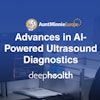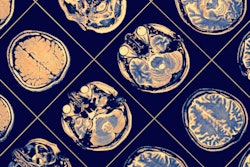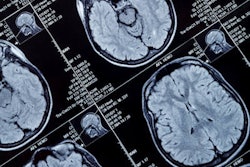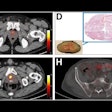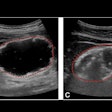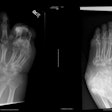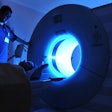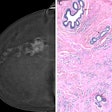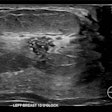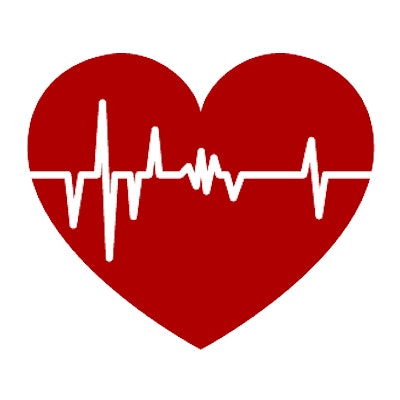
MRI results support a link between reduced communication in brain regions that process emotion and control the unconscious workings of the body and the development of a "broken heart," according to a study published online on 5 March in the European Heart Journal.
The researchers stopped short of definitely concluding that the poor brain function causes a condition known as Takotsubo syndrome (TTS) -- the clinical term for a weakening of the heart that is often linked to stress, such as the death of a loved one. But the findings do suggest that these alterations in the central nervous system could affect the mechanisms associated with a person's heartbeat, as well as breathing rhythm and digestion.
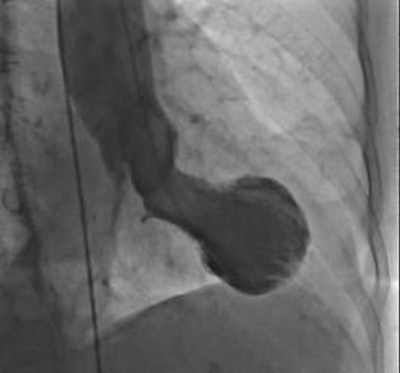 TTS is a sudden, temporary weakening of the heart muscles that causes the left ventricle of the heart to balloon at the bottom, while the neck remains narrow. The condition creates a shape that resembles a Japanese octopus trap, from which it gets its name. Image courtesy of Dr. Christian Templin, University Hospital Zurich.
TTS is a sudden, temporary weakening of the heart muscles that causes the left ventricle of the heart to balloon at the bottom, while the neck remains narrow. The condition creates a shape that resembles a Japanese octopus trap, from which it gets its name. Image courtesy of Dr. Christian Templin, University Hospital Zurich."For the first time, we have identified a correlation between alterations to the functional activity of specific brain regions and TTS, which strongly supports the idea that the brain is involved in the underlying mechanism of TTS," said principal investigator Dr. Christian Templin, a professor of cardiology at University Hospital Zurich, in a release. "Emotional and physical stress are strongly associated with TTS, and it has been hypothesized that the overstimulation of the autonomic nervous system may lead to TTS events."
For their study, Templin and colleagues conducted MRI brain scans on 15 patients with Takotsubo syndrome and compared the results with scans from 39 healthy people. The researchers targeted the amygdala, hippocampus, and cingulate gyrus, which control emotions, motivation, learning, and memory. The amygdala and cingulate gyrus also play a role in the autonomic nervous system and in regulating heart function.
The MR images showed reduced communication between the aforementioned brain regions in patients with Takotsubo syndrome. The decreased communication could adversely affect the way the patients respond to stress and make them more susceptible to developing TTS. However, because the researchers do not have MRI scans of patients' brains before or at the time they developed TTS, they could not conclusively determine that this decreased communication caused TTS or vice versa.
"Our results suggest that additional studies should be conducted to determine whether this is a causal relationship," added study co-author Dr. Jelena Ghadri, a senior research associate at University Hospital Zurich. "We hope this study offers new starting points for studying TTS in terms of understanding that it [is] much more than 'broken heart' syndrome and clearly involves interactions between the brain and the heart, which are still not fully understood."


